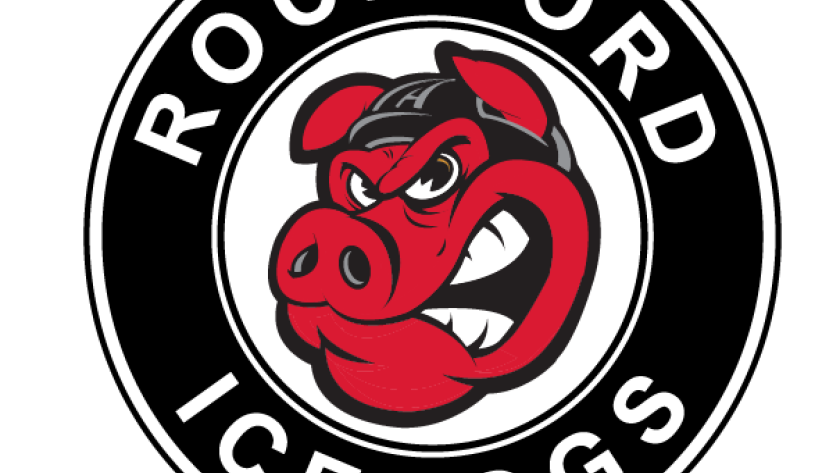From chicagoblackhawks.com: (
link)
There has been a limit on what teams can spend on player salaries since the implementation of the salary cap in 2005.
There's no limit, though, on what a team can spend on scouting. Because of that, there has been an increased emphasis placed by teams on events like the NHL Scouting Combine, which has taken on a whole new level of importance.
"A lot of focus has been put on more staff members being here," Director of NHL Central Scouting E.J. McGuire told NHL.com. "The importance of this has been growing. And it is a key, if not the key, to finalization of everybody's draft lists."
The combine features over 100 of the top draft prospects from North America and Europe at the Westin Bristol Place Toronto Airport, where they're put through team interviews, medical evaluations and physical and psychological testing.
Teams use the combine to find answers to any questions they may have after watching the players in action. In the salary-cap era, the answers to those questions take on vital proportions.
"You're constantly replacing people," Blackhawks Assistant General Manager Rick Dudley told NHL.com. "We in Chicago now have a good team. The problem with having a good team is your players have successful years, they want more money and you can't keep them all. So you have to be able to replace. You have to be able to evaluate who is important to you, keep them, and the other people have to be replaced by something you've seen some place, either in the amateur ranks or in other professional settings where they're not flourishing. Scouting's everything right now."
For the Atlanta Thrashers, it's meant an increase in prospect coverage.
"A lot of times we'd have the kids come in here and we'd be meeting them for the first time," Thrashers GM Don Waddell told NHL.com. "Now there's not a player except for two overseas players we have not interviewed already in our system. We really leave it up to our head scout and regional scouts to get as much information on these players prior. When I have a kid coming in for 20 minutes, I can pull up his history, I can see where our scouts have interviewed him, what they've talked about and pick up on things like that. We have 15, 20 minutes with these players and you try to get them in a relaxed atmosphere and get them feeling like they can give you honest answers. We know them as players; we want to get to know them as people."
Teams now are employing new ways of learning about players, and it's through more than just the interview process.
The Blackhawks are one of a growing number of teams that have hired psychological advisors to analyze how a prospect's off-ice thought process will affect his on-ice performance. For Chicago, it's Michigan-based Pondera Advisors, LLC, which is headed by former NHL player Joe Day.
"We in Chicago have hired a group headed by Joe Day who does an evaluation tool for us in terms of the mental aspects of the game separate from the National Hockey League," Dudley said. "And we do that on an ongoing basis and I think that's helped us a great deal."
"What we're looking to do is … get meaningful data into the hands of coaches and managers on their players, prospects, potential draft picks, where they can understand them better," Day told NHL.com. "All these physical skills, they're like the tip of the iceberg. But what sinks the Titanic is this massive growth underneath. That's what we're trying to figure out. This head of ours is a complex thing. There's no perfect way to measure that, but there are ways and tools out there to do that."
Besides Chicago, Day's group is working with St. Louis and the New York Rangers at this year's combine.
"Generally it's more accepted," said Day. "Players expect to be evaluated in this fashion.
"With time it gets more and more expected. The NHL pushed the limits on the physical aspects -- everyone trains, they have the best exercise physiologists now. The next frontier is the mind and the mental makeup. With time we really are zeroing in on what it takes to make a successful National Hockey League player."
Waddell told NHL.com that he and his staff have their own "trade secrets" that he wouldn't reveal, but it's all part of the competitive edge every team is looking to gain.
"In this era of the salary cap that sort of levels the playing field in a financial sense, I think each team is looking to get some sort of edge, whether it's psychological testing or psychological information that might set their draft choice apart from the next team's draft choice," McGuire said. "A lot has changed with the times (but) the competitiveness remains. Everybody is racing to try to stay one step ahead of the competitor."
Contact Adam Kimelman at akimelman@nhl.com.
Author: Adam Kimelman | NHL.com Staff Writer

